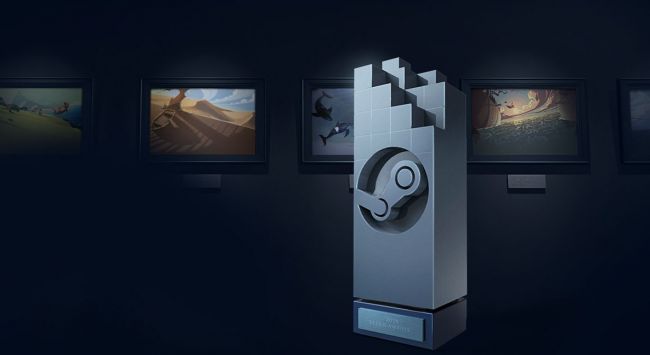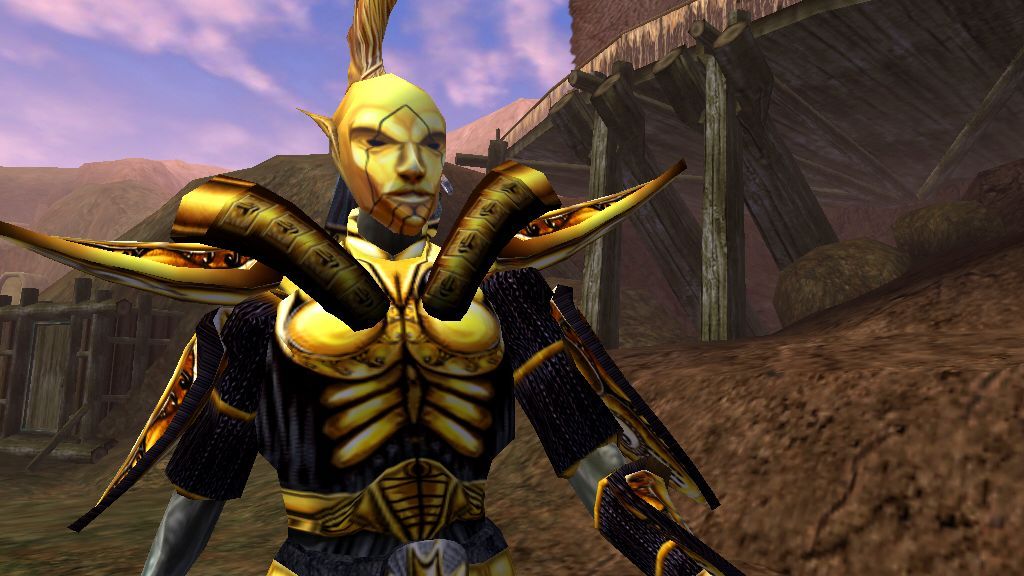It still makes me uneasy that my hundreds of Steam games can’t be passed on when I die, at least not without violating the EULA

As a teenager, I really enjoyed the game Shoot Many Robots. It wasn’t amazing, but it was a lot of dumb fun, and the memories I have playing it matter to me. Something Shoot Many Robots and I have in common is that we are both mortal, but while I am mere flesh and bone and Shoot Many Robots was delisted from Steam at the request of the publisher, it and all the other delisted games I own can experience a sort of immortality in my Steam library.
When I’m dust, the number of Steam accounts with access to Shoot Many Robots will not change, but the number of people who can play the game above board will, because bequeathing a Steam account in a will is technically a form of account sharing and against the terms of service.
Some Steam accounts are worth thousands of dollars in software licenses, and whether Steam is around in 100 years or not, it feels wrong that your account is meant to just sit and rot when you die.
You can of course just pass your Steam username and password on to your next of kin before you kick the bucket, and I doubt anyone who’s received such a gift has actually had it revoked by Valve. But the erosion of genuine media ownership still feels like a problem without a good solution in sight, and gamers are starting to make more noise about it.
“2024 was the year gamers really started pushing back on the erosion of game ownership,” we said at the end of last year.
Steam isn’t likely to go anywhere anytime soon, but an increasingly entropic games industry in which live service games frequently go belly up (or are just shut down because they got old) has galvanized the sentiment that preservation needs to be a priority moving forward, seen especially in the ‘Stop Killing Games’ campaign.
Storefronts like GOG do better than Steam when it comes to the fate of our libraries after death: GOG only sells DRM-free games, and their associated licenses come with offline installers that can be used forever, in theory. You can even bequeath your GOG library to someone else, given you have proof of your own death.
But GOG notes that there is “little to no existing legal guidance on the issue of videogames preservation.” It’s one issue that standards are low, and another altogether that precedents haven’t been set. None of this even existed until very recently.
It seems to be an increasingly common sticking point that gamers demand more from the processes that govern game ownership, and if physical media can’t be the answer for everything, sustainable digital alternatives may be necessary to ensure we can leave our games to future generations. At the same time, DRM clearly isn’t going away—what’s the middle ground?




